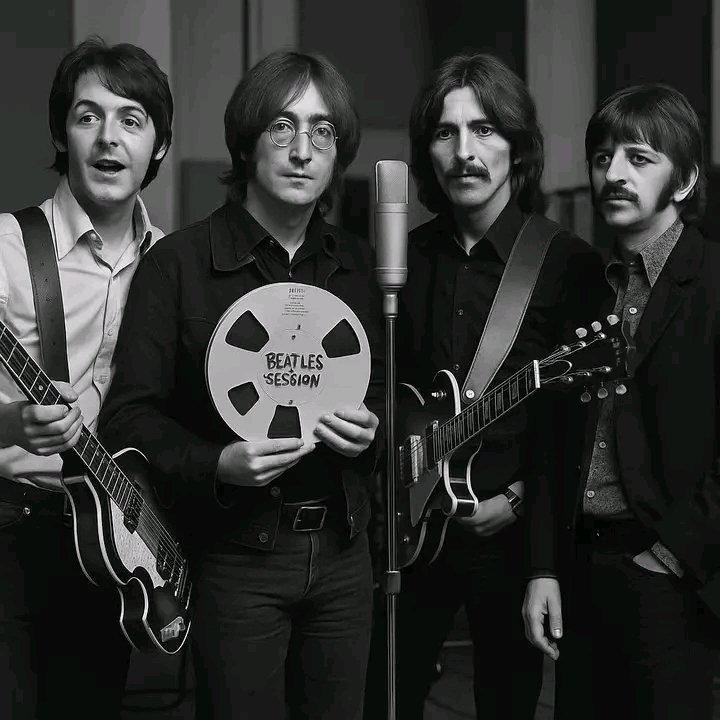Although some may say it’s a trite comparison, Paul Simon does have a lot in common with any one of The Beatles. He gained fame at the same time, defined music at the same time, and even split up his band around the same time as them – they’re basically a match made in heaven. Yet perhaps because they did go on such similar journeys, Simon has the unerring ability to see straight through what most would consider greatness, straight to the heart of their flaws.
That may seem like quite a harsh way of putting it, but it’s also just the simple reality when it comes to being a cultural icon of the swinging sixties. Of course, a lot of the era was stylised by air-headedness and swirling psychedelia, so when that came crashing down with the dawn of the 1970s and society returned to having their two feet back on the ground, it was much easier to see the true lay of the land.
In this sense, when each of The Beatles embarked on their solo careers and thus perhaps set up some fairly romantic pretences in their work, Simon pulled no punches in calling it out. Having been happily singing away about marmalade skies just a few short years earlier, suddenly their move to being martyrs of world peace seemed a little disingenuous to the singer – and, frankly, he just wanted to call a spade a spade.
The wrath of Simon’s ire came in its fullest form with two particular solo Beatles songs, which he dismissed as nothing but hot air. The first was ‘Give Ireland Back to the Irish’, a 1971 effort by Paul McCartney with Wings, which failed to hit the right note for the singer as he thought it was too superficial by nature to be truly political. He wasn’t to be misconstrued – sometimes a protest anthem can work, like in ‘La Marseillaise’ or ‘We Shall Overcome’. But ‘Give Ireland Back to the Irish’?
“That’s garbage,” Simon told Rolling Stone.
“I don’t say that someone can’t write a social song, or even a song that’s a political song, and have it work, as a song and as a political statement,” he explained. “But mass manufacturing of tunes, sort of ‘let’s knock off ‘Power to the People’,’ I find it in bad taste. It offends me. I don’t feel it talking to me at all.”
Speaking of which, Simon wasted no time in taking aim at another Beatles bandmate, arguably the one who wore a peace mantra most clearly on his sleeve as a new world era of protest beckoned.
It goes without saying that the second subject of Simon’s disgust was ‘Power to the People’ by John Lennon, a song that, in his eyes, was just another tune rolled off the factory line without saying anything properly meaningful. “It’s a poor record, a condescending record,” Simon reasoned. “Like all of these cliché phrases. They’re dangerous. What does that mean – ‘Power to the People’? And who is he saying it to? Is he saying it to people who have any idea what it means?”
As much as any Lennon or Beatles fan may be loath to admit it, perhaps Simon does have a point. Was Lennon truly reaching anyone beyond his own base when he sang about peace and power and all that comes with it, or simply preaching to those already fully wrapped up in the message? This is not to say that his, or any of the other Beatles’, solo work was in any way vapid or pointless, but it just begs the question of its real impact once you take away the mask of godliness. Simon certainly doesn’t think it was worth the worship.
